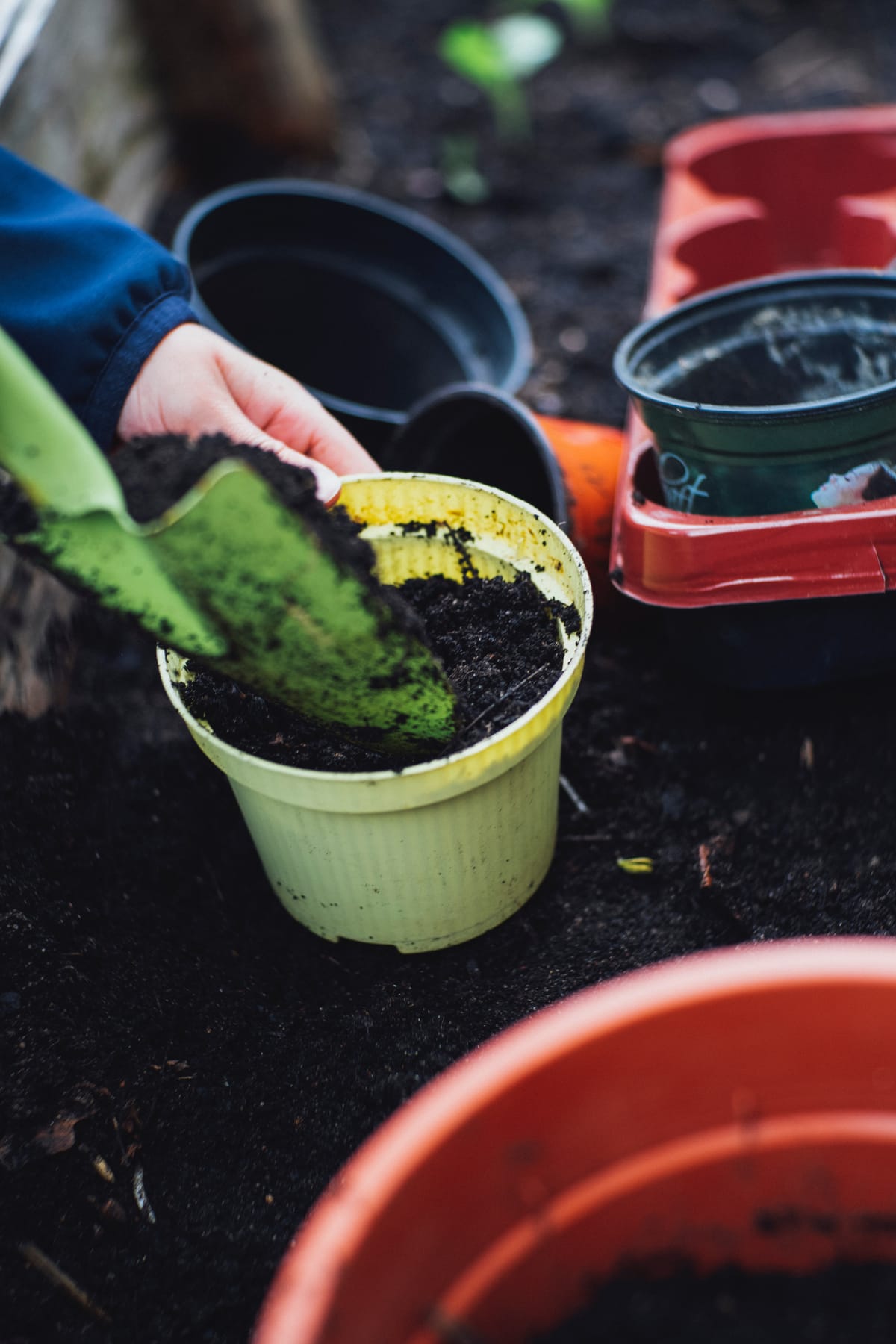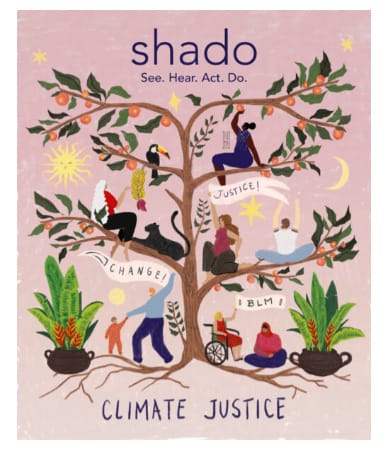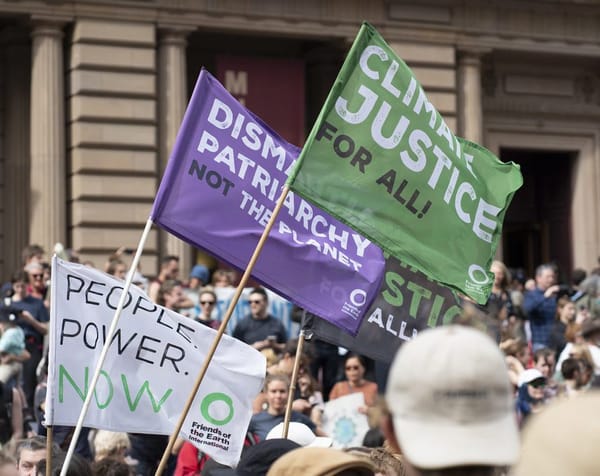Gardening for resilience
Sustainability editor Flora Dickie explores how urban gardening can be a source of resilience during the pandemic and can help build stronger local communities

This year has been different, to say the least. With so many of us staying at home all day, some have had the time to re-evaluate the important things in life while others took up new hobbies to keep themselves occupied or to relieve stress. Growing plants became one of the nation’s favourite activities from the beginning of the pandemic; in fact, it became impossible to buy seeds for certain plants, especially vegetables and flowers. According to a GlobalData market research survey in May, gardening was the second most popular lockdown activity after watching television. Most news outlets cite this to be due to the benefits gardening provides for our mental and physical health, which is especially crucial to take care of in unprecedented times. However, the media has failed to capture how important the growing of plants is for
the resilience of communities and ecosystems; and that gardening is a vital act and a form of solidarity which creates liveable worlds – truly the very opposite of apocalyptic. It shows us that small, simple actions give us a possibility to regenerate our society. As more people get involved in gardening and planting this year, they are generating seeds of hope for more equitable communities through re-discovering practices we have forgotten.
Some have conceptualised the act of growing plants in urban spaces as a novel solution against climate change. This practice is often called ‘urban agriculture,’ the cultivation of food (vegetables, fruits, herbs, grains, honey, fish, livestock) or other products within and around the city. It could be in a community garden, an allotment, a private residential terrace, or even by vertical farming, hydroponics, and aquaponics. The practise of urban agriculture in public or private spaces, at large or small scales, reduces the distances food needs to travel from farm to fork, reduces the carbon footprint of products, and improves efficiency of the food system.
Yet, urban agriculture is not a new phenomenon. Since the beginning of urban civilisation, people have cultivated plants in urban spaces, and currently approximately 800 million people participate in some kind of urban agriculture. Most of our cities have been built and designed without thinking further than 100 years into the future, and with cultural and social models that alienate the other organisms that keep us alive. We are eco and inter-dependent beings, yet we are creating a habitat for our- selves that does not serve other beings nor our- selves, causing potentially irreversible damage as the earth can not house our utopia of technical modernisation. In this way, social and environmental movements across the world are pushing for the ecologisation of our cities. We can use gardening in urban settings to reinvigorate land connections for the betterment of human communities and ecosystem wellbeing. Justice focused urban agricultural projects are on the rise in cities across the world from London to Detroit to Madrid to Seoul.
During the first lockdown, gardening became the nation's second favourite activity after watching television
Community gardening projects and associations have the power and resilience to form co-created transformative spaces that serve the local people and natural ecosystems. Many community gardens or urban growing projects are situated on disused land, and people are transforming this space to reconnect the food production, and consumption stages made separate by industrialisation. When people come together to grow food in an urbanised landscape, they are affirming their agency to use and transform re- sources, known as the ‘right to the city.’ It is a celebration of cultivating and feeding ourselves well in opposition to the capital accumulation system where there are walls between the plants and us.
Growing foods and plants for the community localises the economy and provides people with greater access to ecological products and a stronger connection to where their food comes from. These kinds of projects also bring people together, allowing for a stronger sense of social cohesion, stronger links between neighbours, inter-generational relationships, and education, and increasing the sense of belonging to a place. This creates an open space to learn, to reconnect with our vital practices and unites a community whilst also improving food security and food sovereignty. It is essential though that communities decide for themselves how they utilise disused spaces not to foment beautifying green areas leading to gentrification.
So, green spaces in cities can not only be used for recreation, beauty, and health purposes but also to improve our social and inter-species bonds. Additionally, urban agriculture can be used as a tool of resistance against touristification and development projects which are not in the interest of local residents.
We have the responsibility to be the gardeners of a thriving world, to create space for more than human beings. Communities around the world are organising themselves and growing plants in urban areas with the aim of food justice, economic localisation, and improved self-sufficiency. Developing the plant-human hybrid will lead us out of the Anthropocene and into a Planthroposcene for a world will be more liveable for all.
This article was inspired by conversations with associations working in community recuperation of public space, a talk from the academic Yayo Herrero and the For the Wild podcast episode on the Planthroposcene with Dr Natasha Myers.
Please contact us if you grew some- thing in lockdown this year, we would love to hear about your experiences!








